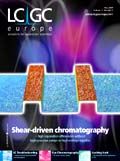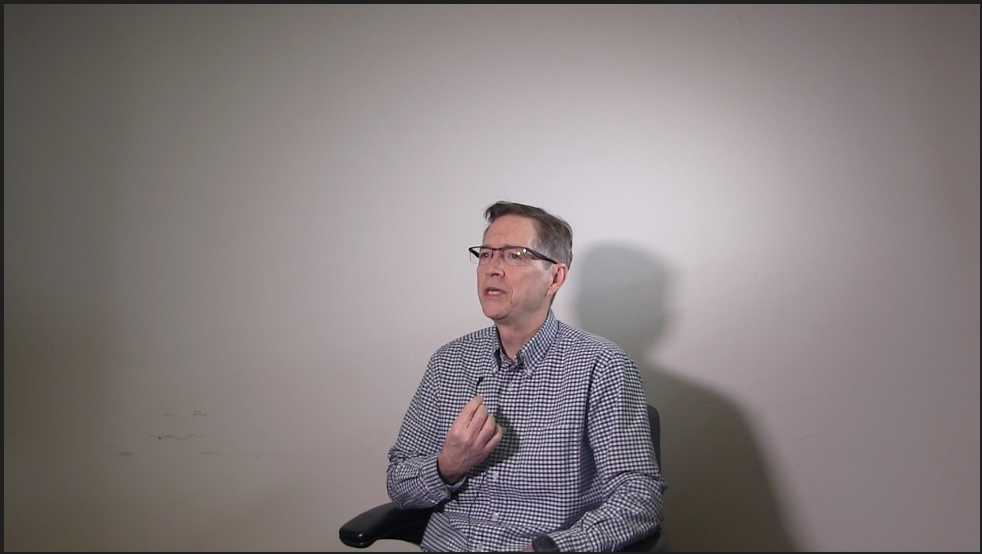The Evolution of the Application of Gas Chromatography
LCGC Europe
In another of Ettre's historical examinations of the early days of gas chromatography, he discusses four major application fields in which the technique changed the way chemists perform analyses. These include hydrocarbon analysis, fatty acid analysis, flavour compounds and essential oils analysis, and environmental analysis. In addition, he also explains how GC helped in the evolution of liquid chromatography and in the development of the scientific industry.
Sorbonne Researchers Develop Miniaturized GC Detector for VOC Analysis
April 16th 2025A team of scientists from the Paris university developed and optimized MAVERIC, a miniaturized and autonomous gas chromatography (GC) system coupled to a nano-gravimetric detector (NGD) based on a NEMS (nano-electromechanical-system) resonator.
Miniaturized GC–MS Method for BVOC Analysis of Spanish Trees
April 16th 2025University of Valladolid scientists used a miniaturized method for analyzing biogenic volatile organic compounds (BVOCs) emitted by tree species, using headspace solid-phase microextraction coupled with gas chromatography and quadrupole time-of-flight mass spectrometry (HS-SPME-GC–QTOF-MS) has been developed.







